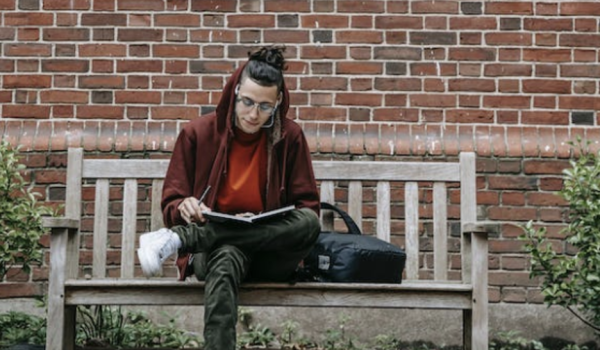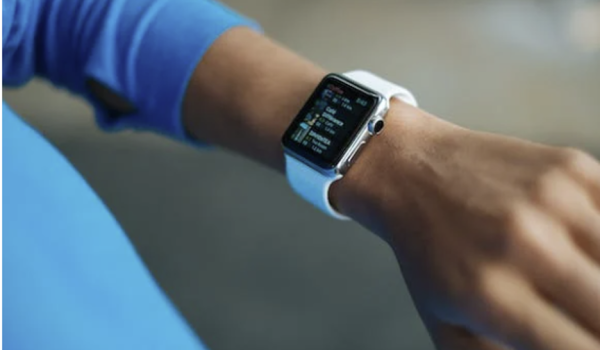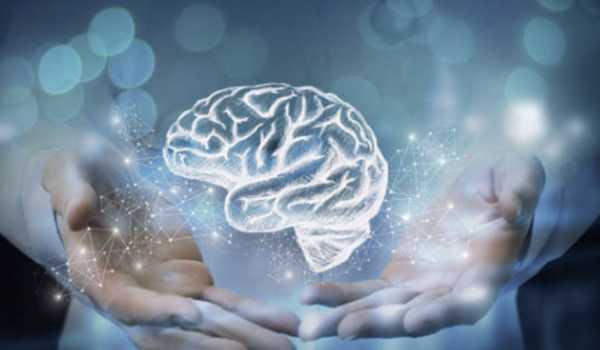Feeling anxious while scrolling through Facebook or Instagram? Perhaps social media is exacerbating your social anxiety symptoms. Social media is an important part of many people’s daily lives. You are not alone if you wake up in the morning and reach for your phone to check Twitter. More than 200 million people are browsing social media feeds. Many factors influence how you respond to social media. If you have a mental health condition, such as an anxiety disorder, social media use may exacerbate your symptoms.
Over the last decade, the rapid growth of social media has created an entirely new medium for human interaction. Online platforms such as Facebook, Twitter, and Instagram have enabled people all over the world to stay connected 24 hours a day, seven days a week. It is predicted that by 2025, there will be approximately three billion active monthly social media users.
According to the statistics, social media has become an integral part of our lives. One implication of social media’s rapid rise has gotten a lot of attention in recent years: its relationship with young people’s mental health. Research has produced a large body of evidence supporting a link between social media use and mental health, and while new evidence is still emerging, it has painted a broad picture of the main consequences. The popularity of social media as a medium of communication for young people must be carefully examined, as it may play a more detrimental role than we previously imagined. A wide range of studies and experiments have referred to social media addiction.
Addiction to social media is thought to affect about 10 percent of young people and has recently been described as more addictive than cigarettes. The degree of compulsivity with which it is used accounts for its addictive nature. The need to check one’s social media accounts may be related to both instant gratification (the desire for immediate, short-term pleasure) and dopamine production (the chemical in the brain associated with reward and pleasure). The desire for a ‘hit’ of dopamine, combined with the inability to obtain instant gratification, may lead users to constantly refresh their social media feeds. When enjoyment is not felt, users of this obsessive behavior may internalize thoughts that this is because they are ‘unpopular,’ ‘unfunny,’ etc. This is harmful.
A lack of ‘likes’ on a status update may lead to negative self-reflection, which may lead to constant refreshing of the page in the hopes of discovering that someone else enjoyed the post, so assisting in achieving personal validation. The lack of satisfaction may make one feel more anxious and lonely, even if these perceptions might not accurately represent how one is perceived by others. From a different perspective, internet platforms may have the power to harm mental health by encouraging exaggerated expectations. Due to the proliferation of image alteration on photo-sharing websites, social media has been associated with low self-esteem and negative self-image. Particularly for young women’s self-esteem and image, the idea of the ‘idealized body image’ has perhaps been damaging.
Unrealistic expectations of how young people should act and look are promoted by the constant circulation of widely accessible edited photos. The emergence of social media has been a fundamentally complex process, and statistics indicate that it will eventually come to dominate our lives. According to the evidence, using social media frequently is highly linked to anxiety, loneliness, and depression. Researchers, people involved in mental health policy, and the social media sector need to further investigate if this is causal or just a correlation. In the meanwhile, we must carefully consider how to control its effects on mental health, for example, by incorporating social media lessons into academic courses, using behavioral economics, and increasing the efforts of social media companies to provide signposting. The detrimental effects that these platforms may have on rest and the quality of that rest are linked to this drive for rapid pleasure.
Data from many qualitative pieces of research have demonstrated that excessive use of social media can harm sleep patterns, which can have a negative impact on young people’s academic performance. It is discovered that young people had trouble unwinding after using social media at night, which affected their brains’ capacity to get ready for sleep. Sleep loss and mental health are mutually reinforcing; that is, sleep loss brought on by nighttime social media usage can result in worse mental health, and bad mental health can result in severe nighttime use and sleep loss.
Photo: fizkes/Shutterstock
You might also like:
Why You Need to Take a Break from the News Cycle and How to Actually Do It
Support us!
All your donations will be used to pay the magazine’s journalists and to support the ongoing costs of maintaining the site.
Share this post
Interested in co-operating with us?
We are open to co-operation from writers and businesses alike. You can reach us on our email at [email protected]/[email protected] and we will get back to you as quick as we can.










